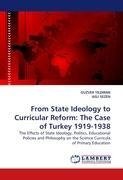
-
 Anglický jazyk
Anglický jazyk
From State Ideology to Curricular Reform: The Case of Turkey 1919-1938
Autor: Guzver Yildiran
The aim of this study is to analyze the curricular changes in the area of science education at the primary level during the period of Atatürk (1919-1938) with the Yildiran's "Hierarchical Model of Factors Affecting Curricula (2006)". According to this model,... Viac o knihe
Na objednávku
73.17 €
bežná cena: 81.30 €
O knihe
The aim of this study is to analyze the curricular changes in the area of science education at the primary level during the period of Atatürk (1919-1938) with the Yildiran's "Hierarchical Model of Factors Affecting Curricula (2006)". According to this model, state ideology and politics influence educational policies, and these affect the educational philosophy underlying the curricula of the era.Through the use of both historical and qualitative analyses, we concluded that the state ideology of the period was formed by the six principles of Atatürk: Republicanism, Nationalism, Populism, Étatisme, Laicism, and Reformism (Revolutionism). The educational policies were national, rational, pragmatic, egalitarian, and humanistic. The educational philosophy was the Pragmatism of John Dewey in his concept of progressive education. The three cience curricula of 1924, 1926 and 1936 were based on experiential learning theory, the teaching methods being observation, investigation, and experimentation.
- Vydavateľstvo: LAP LAMBERT Academic Publishing
- Rok vydania: 2010
- Formát: Paperback
- Rozmer: 220 x 150 mm
- Jazyk: Anglický jazyk
- ISBN: 9783838347059
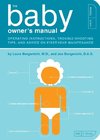
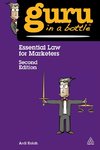
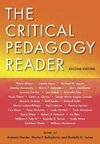
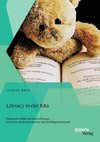
 Nemecký jazyk
Nemecký jazyk 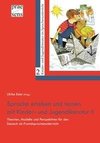

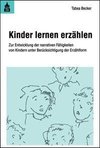

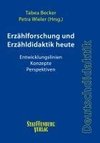


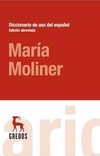
 Španielsky jazyk
Španielsky jazyk 